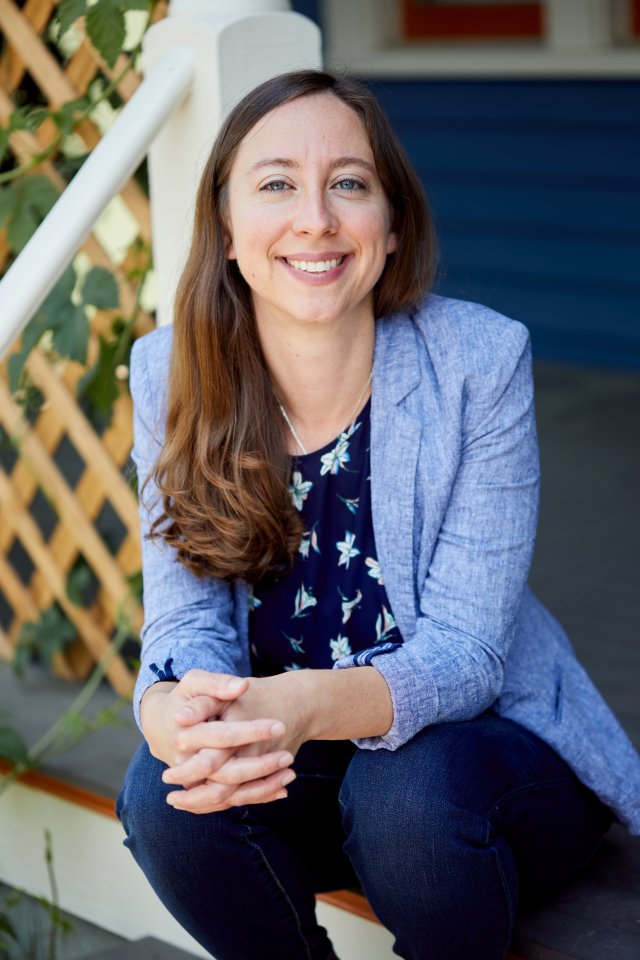Meet EPA Social Scientist Marissa Matsler, M.E.M., Ph.D.

Marissa Matsler works on climate justice and resilience by studying uneven power relationships in urban adaptation planning and climate policy-making processes. Dr. Matsler is currently conducting case studies examining disaster waste and debris management decisions across different contexts. She traces specific waste types through different disaster types to understand how materials end up where they do and to potentially improve the institutional arrangements surrounding disaster waste and debris management. Marissa is also part of a hardworking interdisciplinary team of scientists that are putting the finishing touches on a resilience planning tool called the Equitable Resilience Builder (ERB). The tool provides instruction on activities to incorporate community knowledge and values into equitable resilience plans.
Tell us about your background.
I have an interdisciplinary background with training in biology, ecology, human geography, political ecology, urban planning, and environmental management. I have a Ph.D. in urban studies, a master’s in environmental management, and a bachelor’s in marine biology.
When did you first know you wanted to work in environmental science?
When I started my academic career in marine biology, I learned about the impacts of urban areas on ocean habitats. This got me interested in learning about how to mitigate the environmental impacts of urbanization. It took me a while to figure out that environmental social science was a good place for me personally to work on this problem, and I am very glad to have found this interdisciplinary research field.
What do you like most about your job?
I enjoy working on applied research products that I feel can have a real impact on environmental policy in the United States. My overarching goal is to contribute to improving peoples’ lives through equitable environmental improvements, and my job allows me to work towards this goal.
How does your science matter?
EPA science responds to needs on the ground in innovative ways. It can provide direct assistance and I think this is why it matters.
If you weren’t a scientist, what would you be doing?
I love literature and poetry and my other dream job is to be a fiction writer. If I wasn’t a scientist, I would be trying to make it as a sci-fi author.
What advice would you give a student interested in a career in science?
Science is about making connections between ideas and collaborating with other people. Often, we see science portrayed as a solitary pursuit, where individuals have all the answers by themselves in their lab. This couldn’t be further from the truth. So, I would advise students to take a variety of coursework outside of their primary discipline and work on developing teamwork skills like active listening if they are interested in contributing substantially as a scientist in their career.
If you can have any superpower, what would you choose?
I wish I could live underwater in the ocean. Not exactly a superpower, since there are lots of creatures that can do this! But I love diving and I wish I could stay under water as long as I wanted, floating in a kelp forest.
Editor's Note: The opinions expressed herein are those of the researcher alone. EPA does not endorse the opinions or positions expressed.
